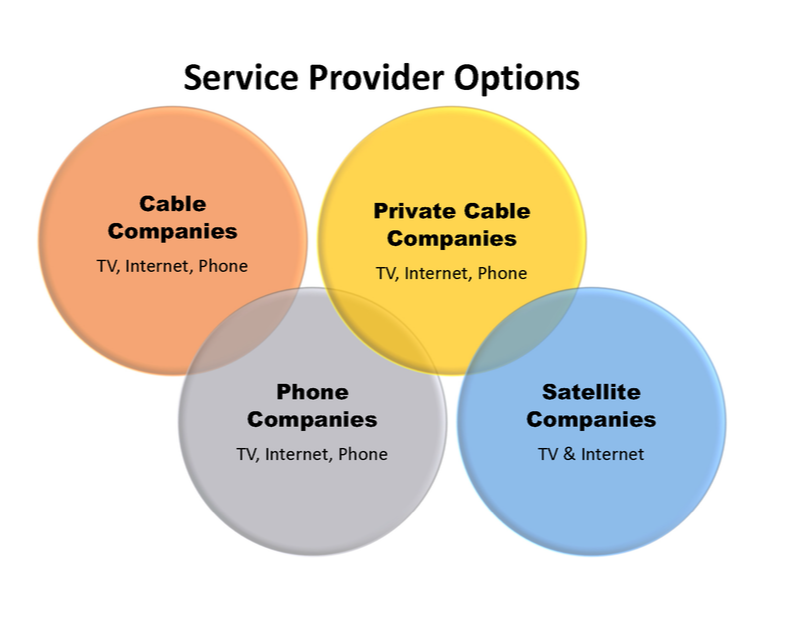Steering the Intricate Landscape of Regulatory Standards for Cyber Security in Multi-Dwelling Residences to Ensure Occupant Safety and Data Safeguarding
Wiki Article
Within today's world, many people reside in multi-dwelling units, including flat buildings and condominiums. Such places often utilize common networks for internet and additional amenities. While this setup can be beneficial, it also brings up important concerns about system security and regulatory standards. Guaranteeing the security of residents and protecting their data is essential. This piece will explore the complex environment of compliance standards for system safety in multi-unit units, emphasizing how these standards help keep residents safe and protected.
A of the primary regulatory guidelines that pertain to system security is the General Information Protection Regulation (GDPR). This regulation is intended to safeguard individual data and privacy for individuals inside the EU Community. While it mainly applies to companies functioning in Europe, its tenets can influence practices in different areas as also. For multi-dwelling buildings, adhering to GDPR means implementing robust information protection protocols. This includes making sure that tenants' personal data is collected, stored, and processed safely. By following these standards, property managers can assist establish confidence with residents and guarantee their data is protected from illicit access.

A further significant standard is the Health Coverage Portability and Accountability Law (HIPAA), which safeguards sensitive patient data in the medical sector. In multi-unit buildings, especially those that offer medical services or have residents with particular medical requirements, adherence with HIPAA is essential. This means that any medical information collected from residents must be kept private and protected. Building managers must ensure that their system infrastructures are designed to prevent information leaks look at this website and unauthorized access. By doing so, they not only adhere with regulatory requirements but also promote a safe living environment for all residents.
Alongside GDPR and HIPAA, the Credit Card Payment Industry Data Security Standard (PCI DSS) is a further critical regulatory guideline. This guideline is particularly relevant for multi-unit buildings that accept credit card payments for lease or amenities. PCI DSS outlines security measures that must be implemented to safeguard cardholder data. This entails encrypting sensitive information and regularly monitoring system security. By following PCI DSS standards, building administrators can reduce the risk of data breaches and safeguard tenants' financial information, which is vital for maintaining their trust and security.
Ultimately, it is essential for multi-dwelling units to stay informed on local and federal laws regarding system safety. Laws and standards can change, and staying informed is crucial for compliance. Building administrators should frequently assess their security protocols and procedures to make sure they meet up-to-date standards. This preventive approach not only assists in maintaining compliance but also enhances the overall security of the network. By prioritizing tenant security and information safeguarding, multi-unit buildings can establish a safe residential space that encourages confidence and reassurance among tenants.
In conclusion, navigating the complex landscape of compliance guidelines for network security in multi-unit units is essential for ensuring resident security and information safeguarding. By comprehending and applying guidelines like GDPR, HIPAA, and PCI DSS, building administrators can establish a safe space for their tenants. Remaining updated about regional laws and frequently assessing safety protocols further improves this dedication to security. Ultimately, a strong focus on compliance not only protects residents but also fosters a sense of community and confidence within multi-dwelling units.